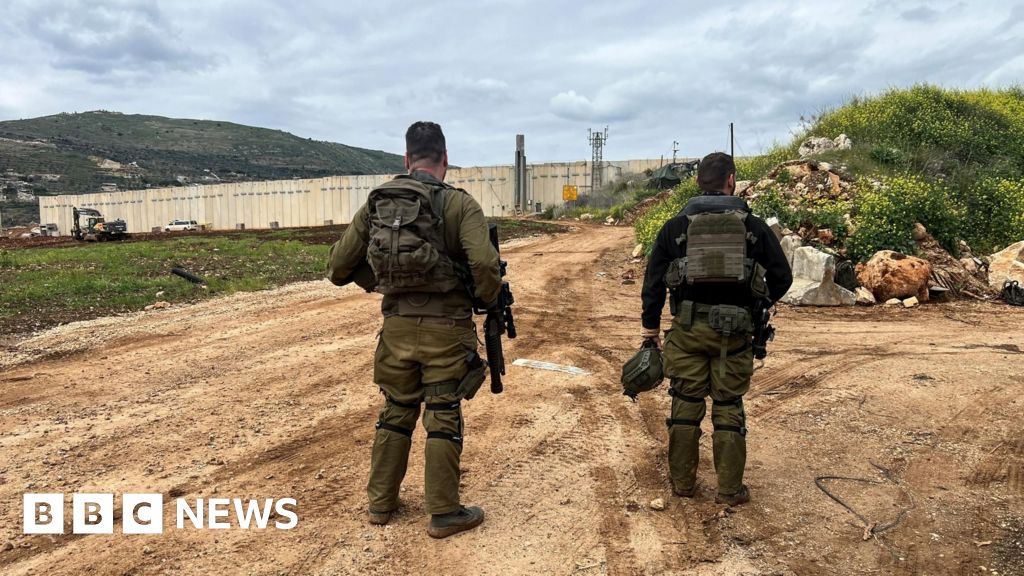Israeli Raid in Southern Lebanon Kills Municipal Employee, Draws Lebanese Condemnation
Israeli soldiers raided a southern Lebanese municipal building, killing an employee and sparking protests. Prime Minister Nawaf Salam condemned the deadly incursion as a violation of Lebanese sovereignty.
Overview
- Israeli soldiers conducted a raid on a municipal government building located in southern Lebanon, leading to a significant escalation of tensions in the region.
- During the incursion, an employee of the municipal government building was killed by Israeli troops, which immediately triggered protests among local residents.
- The incident involved Israeli forces being directly responsible for the death of the municipal worker, highlighting the violent nature of the cross-border operation.
- Lebanese Prime Minister Nawaf Salam strongly condemned the deadly Israeli incursion, characterizing it as a severe violation of both Lebanese sovereignty and its governmental institutions.
- This event underscores ongoing regional instability and the potential for further diplomatic and military repercussions following the Israeli military action in Lebanese territory.
Report issue

Read both sides in 5 minutes each day
Analysis
Center-leaning sources cover this story neutrally. They present a balanced account of a sensitive incident, attributing claims to their respective sources without editorializing. The reporting focuses on factual details, including both Israeli and Lebanese perspectives, and provides necessary historical context for the ongoing conflict, allowing readers to draw their own conclusions.
Articles (3)
Center (2)
FAQ
The article does not specify the exact municipality or town in southern Lebanon where the Israeli raid and killing of the municipal employee took place. Further reporting or official statements from Lebanese or Israeli authorities would be needed to clarify the precise location.
Beyond Prime Minister Nawaf Salam's condemnation, Lebanese President Joseph Aoun has directed the army to counter Israeli incursions following a raid that killed a public officer in southern Lebanon, indicating a formal military and governmental response to the incident[4]. Further details on diplomatic measures or international complaints have not been specified in the provided sources.
Yes, there have been recent escalations, including a ceasefire agreement with Hezbollah that did not fully hold, continued Israeli military presence in southern Lebanese villages, and incidents in which Israeli forces fired on Lebanese civilians and soldiers, resulting in multiple casualties[1][2]. Cross-border tensions and sporadic violence have persisted, despite ceasefire efforts.
The article summary does not indicate whether the Israeli military provided an explanation or justification for this specific raid. In similar recent incidents, the Israeli military has cited security concerns, such as removing perceived threats, but no official statement regarding this particular operation has been referenced[2].
The incident raises the risk of further military and diplomatic escalation, as evidenced by the Lebanese government’s direct orders to the army to confront Israeli raids and the strong condemnation from the prime minister, framing the act as a violation of sovereignty. This could lead to heightened cross-border tensions, retaliatory actions, and increased international scrutiny, particularly given the region's ongoing instability[4].
History
- This story does not have any previous versions.


